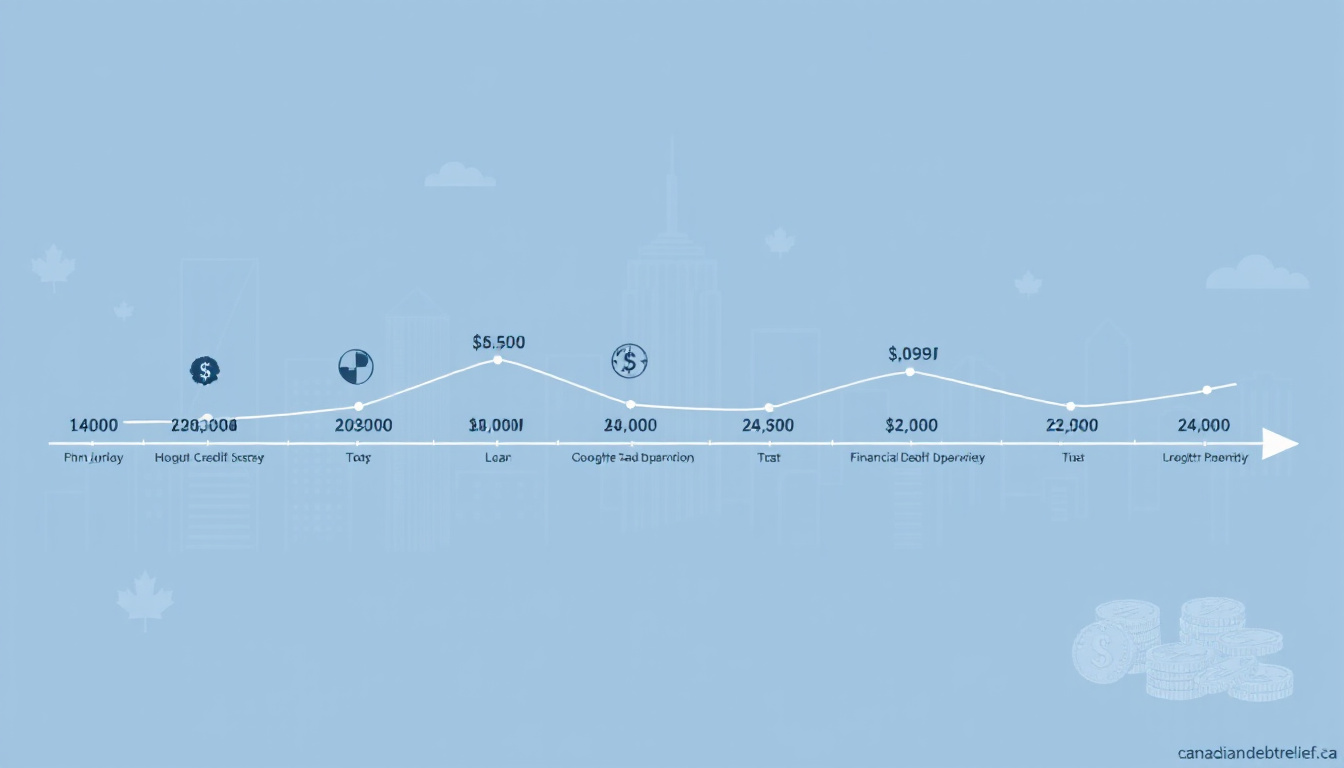Understanding your credit report is crucial for effective debt management and financial planning. One common question many Canadians have is: ‘How long does a loan stay on my credit report?’ This article aims to educate you on the reporting process of loans, the specific timeframes associated with different types of loans, and how the duration of these loans can impact your credit score and overall financial health. By the end of this guide, you will possess valuable insights to help you navigate your financial journey with confidence.

Key Takeaways
- Loans can remain on your credit report for up to seven years depending on the type.
- Different loans have varying reporting durations, affecting your credit history.
- Positive repayment history can boost your credit score even if the loan is still reported.
- Late payments and defaults can negatively impact credit scores for the entire reporting period.
- Being aware of your loan reporting timelines can help you manage your credit health effectively.
Understanding How Loans Are Reported on Credit Reports
Understanding how loans are reported on credit reports is crucial for anyone looking to manage their finances effectively. When you take out a loan, whether it’s a mortgage, auto loan, or personal loan, this information is documented by lenders and subsequently reported to credit bureaus. Typically, a loan remains on your credit report for six to seven years, depending on whether it is paid off or defaulted. If you have successfully paid the loan in full, it will mark the account as closed; however, the record of the loan itself will continue to appear on your report during this period. This can positively or negatively impact your credit score, as it reflects your credit history and payment behavior. Thus, understanding how long does a loan stay on my credit report is essential in formulating a plan for your debt management and financial future.
Timeframes for Different Types of Loans on Credit Reports
When it comes to managing your financial health, understanding how long various types of loans impact your credit report is essential. If you’re unsure about how long does a loan stay on my credit report, the answer can vary depending on the type of loan you have. Generally, most loans, including mortgages, auto loans, and personal loans, can remain on your credit report for up to six to seven years after they are paid off or foreclosed. However, the effects of these loans on your credit score can diminish over time, particularly if you maintain a positive payment history on your other accounts. For example, if you consistently make timely payments on your credit cards and other loans, this demonstrates responsible credit behavior, which can counterbalance the impact of any negative entries related to older loans. It’s crucial for Canadians to be aware of these timeframes while considering their debt management strategies, as older, well-handled loans can enhance your credit standing, whereas recent delinquencies can have a more immediate negative effect.
‘The single most important factor in your credit score is your payment history, and that includes how long you’ve had credit accounts. It’s not just about how timely you are with your payments, but also how long that information lasts on your credit report.’ – Unknown

Impact of Loan Duration on Credit Score and Financial Health
The duration of a loan can significantly impact both your credit score and overall financial health. One of the most common questions many Canadians ask is, ‘How long does a loan stay on my credit report?’ Typically, a loan remains on your credit report for up to six years from the date it is settled, whether it is paid off or defaulted. During this time, the loan’s status and repayment history can affect your credit score substantially. Longer loan durations can be beneficial if managed well, as they can demonstrate a history of payment reliability, which positively impacts your score. Conversely, if payments are missed or the loan goes into default, it can lead to a decrease in your credit score, making it harder to secure future financing or obtain favorable interest rates. Understanding the implications of loan duration not only helps you navigate your credit report more effectively but also enables better financial planning for your future.
